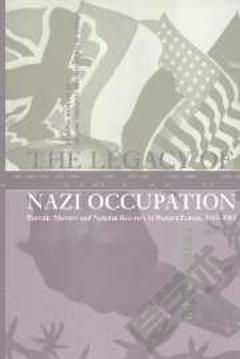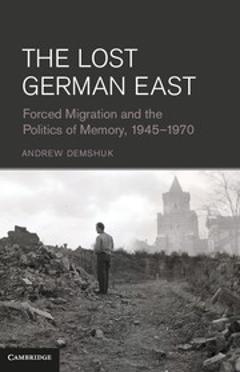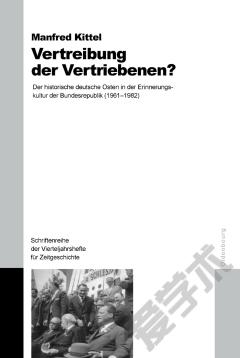The Legacy of Nazi Occupation: Patriotic Memory and National Recovery in Western Europe, 1945–1965
This volume, in Studies in the Social and Cultural History of Modern Warfare series, examines how France, Belgium and the Netherlands emerged from the military collapse and humiliating Nazi occupation they suffered during the Second World War. Rather than traditional armed conflict, the human consequences of Nazi policies were resistance, genocide and labour migration to Germany. Pieter Lagrou offers a genuinely comparative approach to these issues, based on extensive archival research; he underlines the divergence between ambiguous experiences of occupation and the univocal post-war patriotic narratives which followed. His book reveals striking differences in political cultures as well as close convergence in the creation of a common Western European discourse, and uncovers disturbing aspects of the aftermath of the war, including post-war antisemitism and the marginalisation of resistance veterans. Brilliantly researched and fluently written, this book will be of central interest to all scholars and students of twentieth-century European history.
{{comment.content}}








 京公网安备 11010802027623号
京公网安备 11010802027623号